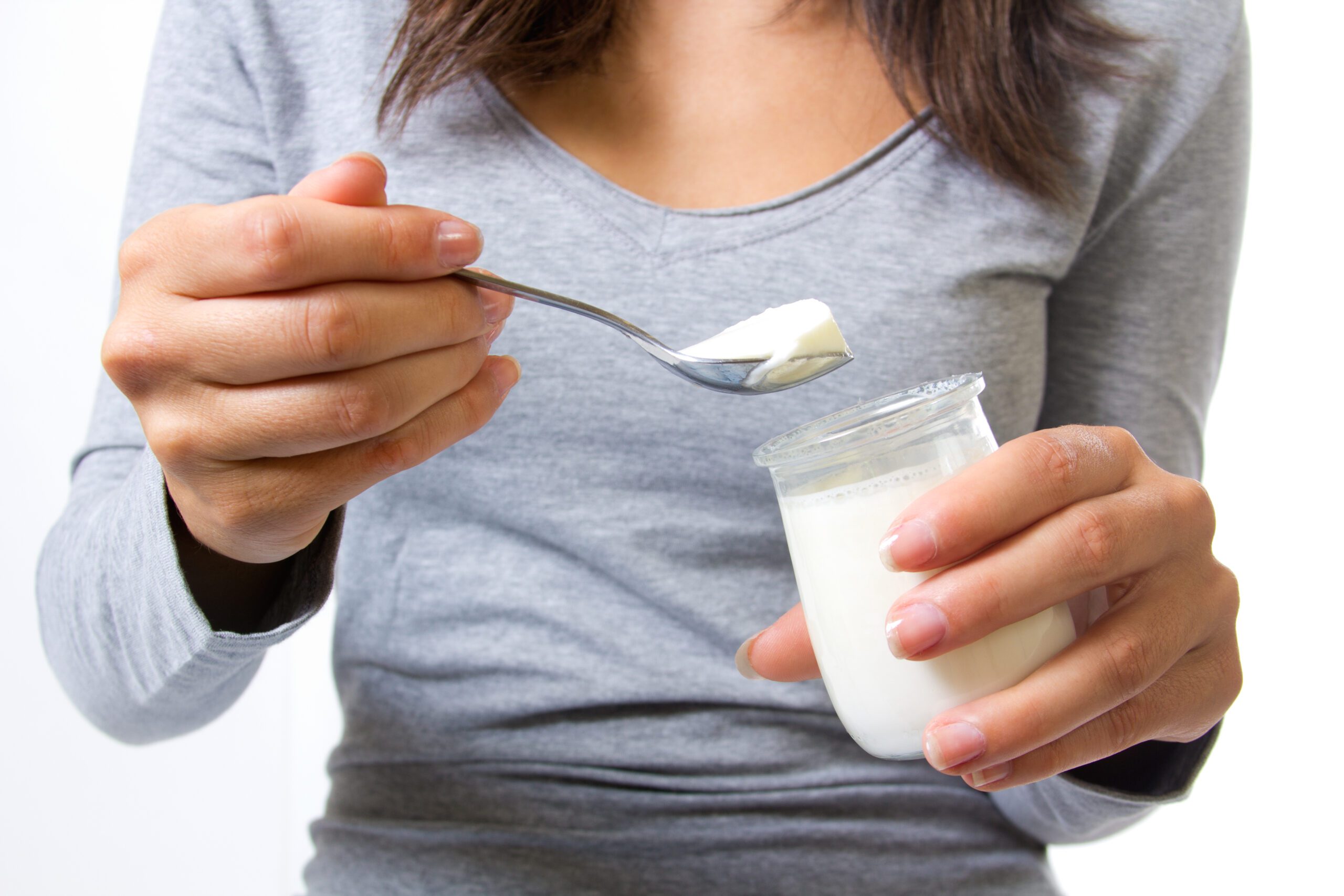Studies have shown up to 40% of babies medically diagnosed with colic actually suffer from transient lactose intolerance, hence the common term “colic associated with lactose intolerance”.
For babies with colic associated with lactose intolerance, pre-treating baby’s feeds with Lacteeze Infant Drops can significantly alleviate symptoms.
This is not to say that the babies do not suffer from colic, simply that for many the colic has an underlying cause – a shortage of lactase enzymes in the digestive system. Lacteeze Infant Drops are a type of baby colic medicine that can help in these cases.
Many of these babies can be helped by pre-treating baby’s feeds with lactase enzymes. Lacteeze Colic Drops for babies can be added to breast milk or infant formula to reduce the lactose content so the feeds are easier to digest, effectively creating a lactose intolerance baby formula
Studies show that on average this can reduce crying time in babies whose colic is associated with transient lactose intolerance by a staggering 45%!
As baby matures the levels of lactase enzymes produced by the body naturally increase, so by the time baby is 3-4 months old lactose intolerance (and hence colic symptoms) will often be improving. At this time baby can be slowly weaned off Lacteeze Infant Drops.
These Infant Drops by Lacteeze are a safe and natural approach to infant colic associated with lactose intolerance. They are drug free and do not contain preservatives, artificial colours or preservatives.
An important benefit of Lacteeze Infant Drops is that mums can continue to breastfeed even when the baby is lactose intolerant. The benefits of breastfeeding for both mother and baby are substantial and well-documented.
Tips To Help Baby Settle
-
- Try to stay calm. Although this is sometimes not easy to do, the baby is likely to become more unsettled if they feel you are stressed or upset.
- If you feel overloaded, if possible ask someone else to look after the baby for a short while. Take a short walk, sit outside for 10 minutes, or take a short break so that you can re-group.
- Swaddle baby snuggly and gently rock or stroke baby.
- Maintain contact with baby when he or she is upset. A baby sling or carry will allow you to keep the baby with you for longer periods.
- Keep the lights low and noise levels low while you are soothing baby, avoid any unnecessary loud or startling noises.
- Check that the baby is not too hot or too cold.
- Give the baby a warm bath and gentle massage if possible. If the baby is very upset this may not be possible until he or she has calmed down a bit.
- If Mum is breastfeeding she can reduce the amount of caffeine in her diet. This includes tea, coffee, energy drinks, cola and other soft drinks.
- Take the baby for a drive in the car or walk in a pram. The constant motion can be very soothing.
- Mothers who are breastfeeding their baby might consider a trial diet in which major allergens such as milk, egg, wheat and nut products are eliminated.
- It is extremely stressful looking after a colicky baby and caregivers have reported feelings of depression, inadequacy, anxiety, anger, fear, exhaustion, loneliness and social isolation. It is essential that caregivers receive support, take time out and are reassured so that these feelings do not escalate.
More Questions?
If you are feeling overwhelmed please speak to family, friends, your GP or a trained mental health professional.
For answers to more frequently asked questions check our Babies FAQ section below.








